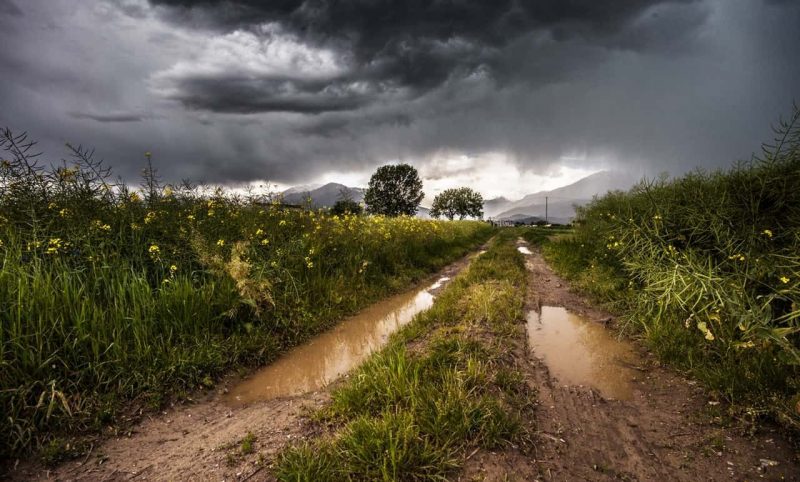[ad_1]
Many of the knowledge that the human being has been acquiring throughout history have been supported by different types of reasoning that have allowed to corroborate or refute hypotheses, these processes have led to the formulation of important theories.
The set of knowledge that emerged represents scientific knowledge. However, many other insights have emerged through observation or perception and trial and error. This is called empirical knowledge. It is a knowledge that is acquired with experience. For instance: home remedies, mother tongue learning, sociology.
Characteristics of empirical knowledge
Empirical knowledge is non-systematic and unsystematic, unlike scientific knowledge, which is systematic and methodical. This type of knowledge does not try to achieve deep rational explanations, at least in the immediate, but to help man in everyday matters.
Empirical knowledge in some cases was the starting point for the emergence of formal and generalizable theoretical bases: the famous example of Newton’s apple, which gave rise to the development of the law of universal gravitation, illustrates this very well.

This kind of knowledge is characterized by respond directly to a practical need or some social demand. The successes of empirical investigations are valued from a practical point of view. It is through empirical knowledge that the common man knows the facts and their apparent order.
In empirical knowledge, a very detailed analysis is made of the different angles of the phenomenon studied, but the researcher does not act on the phenomenon itself. In addition, integral, concrete events appear in the research object, and the researcher usually directly links results with practical actions.
The power of empirical knowledge is limited, to the extent that rather allows to solve repetitive situations. There are only actions and consequences (or “entry” and “exit” points), as a black box. A particularity of empirical knowledge is the subjectivity of the criteria on which it is based.

Examples of empirical knowledge
- Before meteorology existed, people already knew that when many dark colored clouds, surely the rain was coming.
- Learn the mother tongue, it is done by the complete experience: the child gets to know the words in the environment of his home.
- The home remediesPopular in ancient times or in many low-income areas, they are based on a large number of successful experiences, rather than knowing how they act.
- Like some other social sciences, anthropology and the sociology they draw heavily on human experience to develop their theories.
- It is likely that a child seeing the fire for the first time put your hand to know what it is about, but when you get burned you will learn that you should not do it any more.
- Many entrepreneurs know exactly how long they should leave a product on the market until it reaches its peak of sales, without having done thoughtful research or statistics.
- In general, fishermen High seas know the place where the fish are concentrated, although they hardly have a theoretical elaboration to support it.
- When a child learns to walk, he does it through empirical knowledge: he tries many ways, until he identifies the one that gives him the best result.
- Antibiotic treatments. Doctors often do not know exactly which microorganism is causing a common infection (eg, pharyngitis). It establishes an empirical treatment with an antibiotic that controls most of the germs that usually infect the pharynx and evaluates the evolution of the patient.
- Brines as a method of food preservation. Since ancient times, man has resorted to these practices, then he learned that by raising the osmotic tension of a preparation a lot, the water activity is limited and in this way the deterioration of the products by the development of germs is delayed.
- The Incas cultivated corn on the counter slope. Today it is known that this way of cultivation reduces the impact of soil erosion in the season of heavy rains and leads to better harvests.
- Disinfection of wounds with sugar. Because bacteria need water to grow, applying sugar to an exposed area prevents microorganisms from multiplying.

[ad_2]
